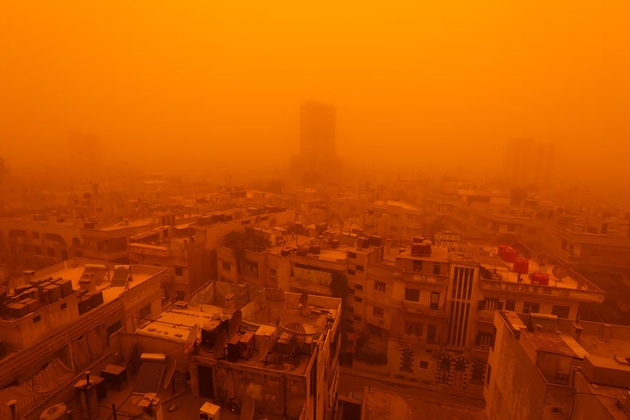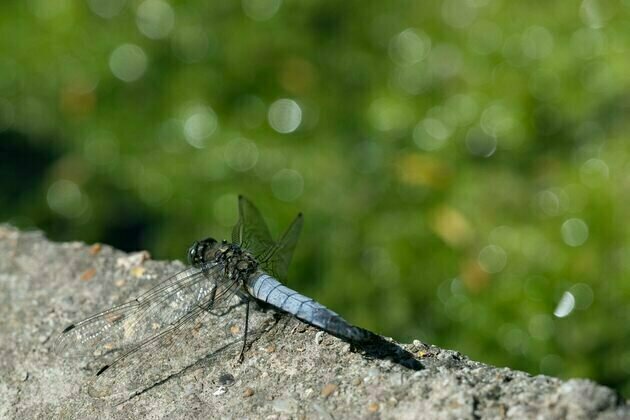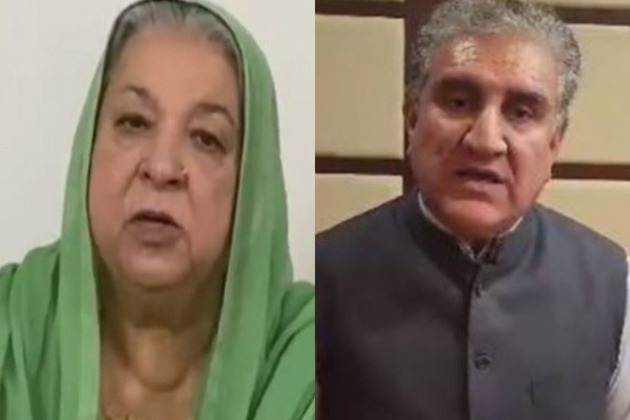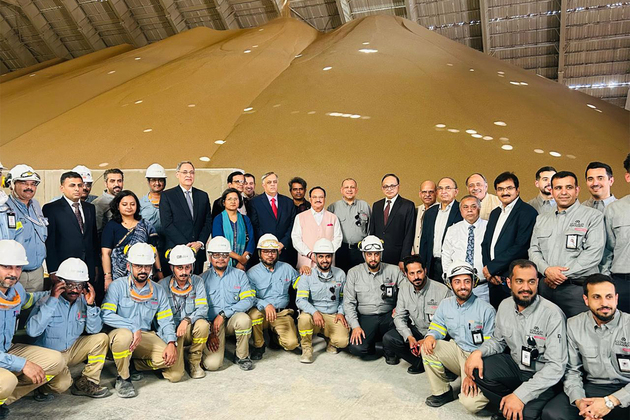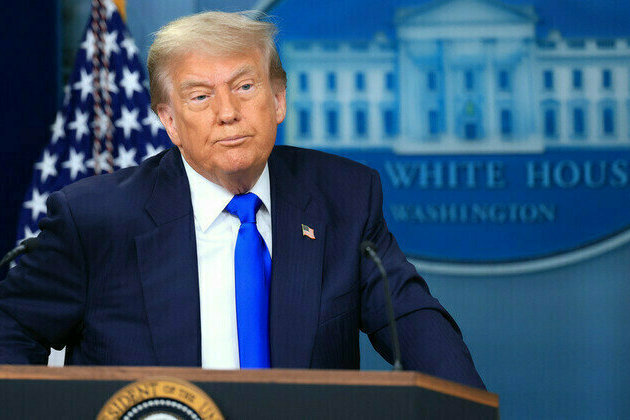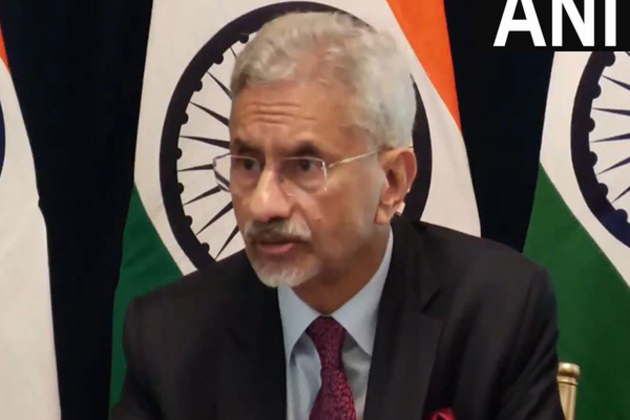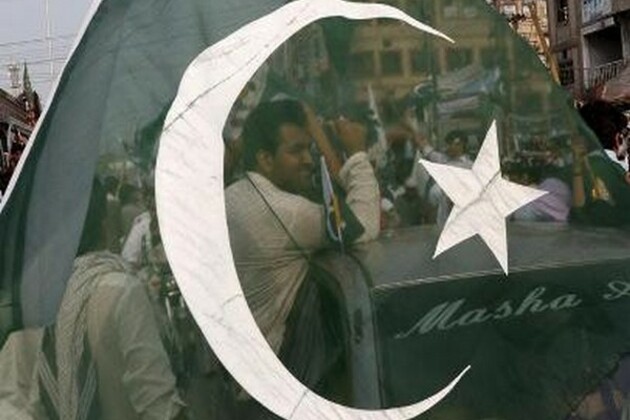Zimbabwe's lithium is in demand for making batteries: how to make sure benefits flow to the local economy
The Conversation
13 Jul 2025, 08:20 GMT+10
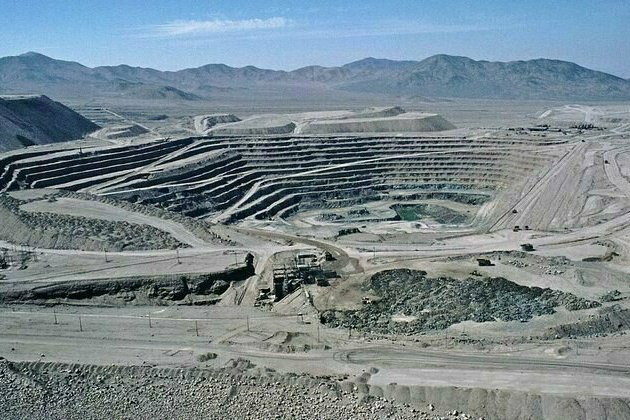
Zimbabwe has the largest lithium reserves on the African continent. Lithium has been mined since the colonial period in the 1950s. It's a critical part of rechargeable lithium-ion batteries that are essential for the electric vehicle industry. Globally, the lithium-ion battery market is worth US$78.9 billion and is likely to amount to US$349.6 billion by 2034.
In 2021, there was a new lithium rush in Zimbabwe because of increased global demand for the mineral. Today, most of Zimbabwe's lithium mines are owned by Chinese mining companies like Sinomine, Zhejiang Huayo Cobalt, Chengxin Lithium, Yahua and Canmax.
Lithium-ion batteries aren't made in Zimbabwe. Instead, the country exports the mineral as a raw resource. Much of the value of Zimbabwe's lithium - 480,000 metric tonnes mined since 2015 - is reaped by companies in China which make the raw lithium into batteries and other goods.
During the lithium rush, artisanal miners were involved in the lithium industry. They mined and sold raw ore. But their participation has recently slowed down because artisanal lithium mining is largely illegal. For this reason, official data reports haven't been able to record how much lithium has been mined this way.
Read more: China's interests in Africa are being shaped by the race for renewable energy
In 2022, the Zimbabwean government banned the export of raw lithium ore in an attempt to regulate the industry and curb artisanal lithium mining and illicit exports.
However, it was still permitted to export lithium concentrate (a powdered version of the raw mineral). But the government recently decided to ban the export of lithium concentrate from January 2027. It says the ban will improve the country's efforts towards building facilities that add value to lithium, such as lithium refineries and battery production plants.
I research resource extraction and environmental change caused by mining in southern Africa.
Read more: Lithium mining in Zimbabwe: a story of loss for one community
If properly implemented and regulated, the new ban on exporting lithium concentrate could increase Zimbabwe's self-sufficiency in lithium processing. It could even help the country achieve the middle-income economy it has set out in its Vision 2030, in which it aims to have a mining industry that generates US$12 billion a year in revenue. Zimbabwe has the world's second largest reserves of platinum and huge supplies of chrome. Making goods locally from lithium would expand the mineral export revenue in addition to platinum and chrome.
However, becoming a middle-income nation is currently hampered by mining revenue leaking away - through losses from smuggling, tax evasion and others.
Also, environmental justice groups estimate that about 3,000 tonnes of raw lithium leaves the country daily. Between now and the time the 2027 ban on exporting lithium concentrate comes into effect, about 1.6 million additional tonnes of raw lithium could have been extracted and sent overseas. This means the government should not wait for 2027, but should implement the ban on lithium concentrate exports now.
The ban also doesn't seem to be aimed at uplifting the livelihoods of communities who live near lithium mines. I describe these communities as living in sacrifice zones: they bear the brunt of lithium mining pollution and land grabs for mines. These vulnerable groups include women, children and artisanal lithium miners who have been disempowered by the just transition.
To use its lithium reserves to uplift the country, the government of Zimbabwe needs to establish local plans that place community development and improved livelihood of mining communities at the centre of mining. This could be done through pro-poor development policies that will create employment opportunities for local people in lithium mining frontiers. It could also include compelling mines to purchase locally made goods and fresh produce. Bringing artisanal miners into local value chains in gold, diamond and chrome mining would also help these informal miners become part of the formal mining economy.
Zimbabwe is one of the 10 biggest global lithium exporters (Chile, Argentina and Australia are others). In the first nine months of 2023 alone, it is estimated that about US$209 million worth of Zimbabwean lithium was sold.
The potential of lithium to stimulate economic development and attract international investments is unquestionable. The problem, however, over the last few years seems to be that the market isn't regulated enough. Lithium mining has not created many jobs, and for the few that are employed, there've been gross human rights abuses, wage cuts, and a lack of investment in road infrastructure.
The politics of lithium mining are also shaped by networks of political elites. They are known as the lithium barons: people who engage in corrupt deals and smuggling.
Another problem has been the misplaced focus on artisanal miners. For example, the 2022 lithium ban mainly targeted artisanal lithium miners who were on the margins of the industry. It did not affect large-scale mining companies to the same extent. When the lithium ban was introduced, the market for processed lithium expanded and the demand for unprocessed lithium drastically shrank. This left artisanal miners with raw lithium and a shrinking market price.
Between now and 2027, lithium mining companies in Zimbabwe will try to extract as much lithium as possible before the ban comes into effect. This could deplete the lithium reserves in the country. Mining investors might look elsewhere.
The Zimbabwean government should take these steps to solve the problem:
1) The Zimbabwe government must ensure total monopoly of its lithium reserves. The over-reliance on Chinese investments in the lithium industry has set a bad precedent for what might happen with other minerals in future. It will take time for the government to undo this and set up its own monopoly. This resource sovereignty will be vital.
2) The government must consider how to govern minerals in a people-centred way. So far, lithium has not benefited ordinary Zimbabweans.
3) The resource communities where extraction deals are taking place must be consulted and brought into the conversation about how Zimbabwe can benefit from its lithium reserves. Communities in Zimbabwe like Buhera, Bikita, Mberengwa and Goromonzi have endured years of lithium mining pollution.
This includes their freshwater sources being contaminated by mines, toxic dust from blasting, mineworkers being exposed to hazardous and unsafe working conditions, displacement, and above all gross human rights abuses from multinational lithium mining companies.
4) The ban on the exports of lithium concentrates is crucial for stimulating local beneficiation and value addition. The government should implement this ban immediately rather than waiting for the 2027 timeline.
 Share
Share
 Tweet
Tweet
 Share
Share
 Flip
Flip
 Email
Email
Watch latest videos
Subscribe and Follow
Get a daily dose of Kenya Star news through our daily email, its complimentary and keeps you fully up to date with world and business news as well.
News RELEASES
Publish news of your business, community or sports group, personnel appointments, major event and more by submitting a news release to Kenya Star.
More InformationAfrica
SectionOnly four 250+ chases at Lord's: Can India join elite list?
London [UK], July 13 (ANI): As India gears up for a potential big chase at the iconic Lord's Cricket Ground, the historical odds offer...
Sand, dust storms affect 330 million worldwide, cause 7 million premature deaths annually: UN
Geneva [Switzerland], July 13 (ANI): A recent report by the United Nations' World Meteorological Organisation (WMO) has revealed that...
Kiwi batter Devon Conway replaces injured Finn Allen for T20I tri-series against Zimbabwe, South Africa
New Delhi [India], July 13 (ANI): Devon Conway, Mitch Hay, Jimmy Neesham and Tim Robinson set to join the New Zealand T20I squad for...
Marc Marquez fends off Zarco for wet weather pole in Germany
Hohenstein-Ernstthal [Germany], July 13 (ANI): The wet weather has come to play on Saturday at the Liqui Moly Grand Prix of Germany,...
Africa's freshwater ecosystems depend on little creatures like insects and snails: study maps overlooked species
Africa's tropical belt, defined by the Guinean forests of west Africa and the Congo Basin of central Africa, is globally recognised...
Zimbabwe's lithium is in demand for making batteries: how to make sure benefits flow to the local economy
Zimbabwe has the largest lithium reserves on the African continent. Lithium has been mined since the colonial period in the 1950s....
World
SectionFive jailed Pakistan Tehreek-e-Insaf leaders demand free and fair polls
Islamabad [Pakistan], July 13 (ANI): Five senior leaders of Pakistan Tehreek-e-Insaf (PTI), who are currently imprisoned in Kot Lakhpat...
Union Minister JP Nadda reviews fertilizer collaboration during visit to Saudi Arabia's Ma'aden facility
Ras Al Khair [Saudi Arabia], July 13 (ANI): Union Minister of Health and Chemicals and Fertilisers JP Nadda visited Ma'aden's phosphate...
Sand, dust storms affect 330 million worldwide, cause 7 million premature deaths annually: UN
Geneva [Switzerland], July 13 (ANI): A recent report by the United Nations' World Meteorological Organisation (WMO) has revealed that...
Trump eyeing new aid package for Ukraine CBS
Continued US military assistance will not contribute to a peaceful settlement of the conflict, Moscow has said US President Donald...
Jaishankar set to begin first China visit in five years
By Vishu Adhana Beijing [China], July 13 (ANI) External Affairs Minister S Jaishankar will arrive in Beijing on Sunday evening,...
Pakistan: Islamabad Court suspends ban on five more YouTube channels
Islamabad [Pakistan], July 13 (ANI): Islamabad District and Sessions Court has granted temporary relief to five more content creators,...


